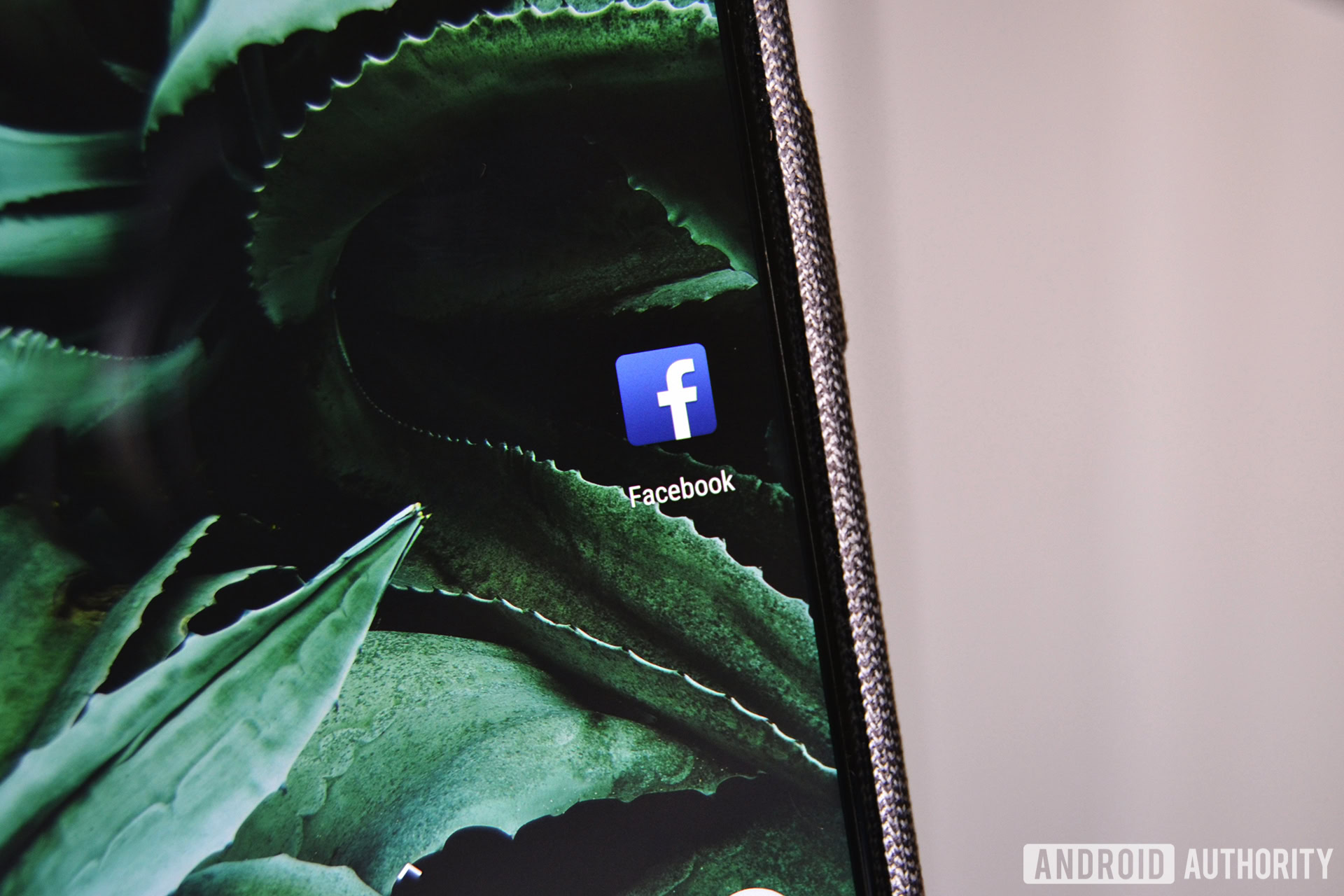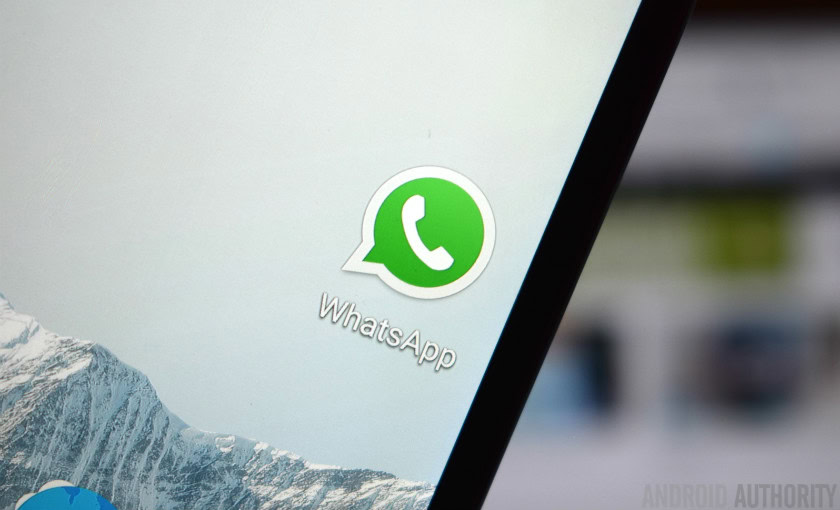Affiliate links on Android Authority may earn us a commission. Learn more.
Report: Facebook still allows third-parties to access your and your friends’ data (Update: Apple responds)

Update #1: In an interview with NPR, Apple CEO Tim Cook responded to The New York Times‘ report and said Apple gets “zero” personal data through its deals with Facebook.
“The things mentioned in the Times article about relationship statuses and all these kinds of stuff, this is so foreign to us, and not data that we have ever received at all or requested — zero,” said Cook during the interview.
Cook also said that Apple’s relationship with Facebook only goes as far as the former integrating the ability to share directly from iOS. According to Cook, the integration is a “convenience to the user” and that Apple has “never been in the data business.”
In a separate interview with CNN, Cook called privacy a “fundamental human right” and reaffirmed that Apple is “not in the business of monetizing your data.”
Original article: After the Cambridge Audio Audio Analytica scandal exposed how Facebook was selling access to your and your friends’ data for the purposes of political engineering, the company promised that third-parties no longer had that capability. Now, according to an exposé published yesterday in The New York Times, it seems that is not entirely true.
According to The Times, Facebook has partnership deals on the books with major mobile device manufacturers, including Samsung, BlackBerry, Apple, Amazon, Microsoft, and more. These partnership deals allow these companies access to your and your friends’ data in an incredibly similar fashion as was supplied to Cambridge Audio Audio Analytica.
However, Facebook argues that these partnerships are different because the contracts governing the partnerships strictly limited the use of the data, and that Facebook knew of no incidents where the data was misused.
It is not yet clear what legal ramifications this NYT article will have on Facebook, as this could be construed as proof that Facebook directly lied to regulators. For what it’s worth, Rhode Island Congressman David Cicilline thinks that this is proof Facebook “lied to Congress,” as stated in the tweet below:
Sure looks like Zuckerberg lied to Congress about whether users have “complete control” over who sees our data on Facebook. This needs to be investigated and the people responsible need to be held accountable. https://t.co/rshBsxy32G— David Cicilline (@davidcicilline) June 4, 2018
Cicilline is referring to events in March of this year. After the Cambridge Audio Audio Analytica scandal broke, Facebook’s founder and CEO Mark Zuckerberg testified to Congress to defend the company. During that testimony, Zuckerberg said that Facebook users could completely control their own data. He stated that if a user does not want their data shared with a third-party company, all they have to do is opt-out.
But Zuckerberg left out that users do not have control over whether their data is shared with about 60 different companies. These partnerships were put in place starting in 2007, with the purpose of giving device manufacturers access to Facebook features, while simultaneously spreading the use of Facebook into the mobile sphere.
As an example, Microsoft entered a partnership with Facebook in 2008 that enabled users of Microsoft products to add contacts and friends and receive notifications via Facebook.
If Facebook said that it removed open-access to your data, but access was still granted to 60 companies, how is that not lying?
Facebook started to dismantle these deals in April this year, as they are no longer necessary. The partnerships came into play when smartphones were much less powerful than they are today, and the concept of a Facebook app as we know it now was not possible. Now, with almost all smartphone users having access to a fully-featured Facebook app, the partnerships’ reason for existing is moot.
However, the deals are still in place, and the companies could – in theory – access your and your friends’ data in ways that most any person would consider violations of privacy.
In the Cambridge Audio Audio Analytica scandal, Facebook argued that it had no idea that Cambridge Audio Audio Analytica was using the data services Facebook offers in a prohibited fashion. The company claimed that once it discovered Cambridge Audio Audio Analytica’s transgression, it immediately took swift action to rectify the situation. That action was taken years ago, well before the scandal of this year broke.

But – if that’s true – why did it not also terminate these contracts with device manufacturers that gave companies the ability to do the exact same thing as what Cambridge Audio Audio Analytica was doing? Why did the company wait until April of this year – years after it first learned of what Cambridge Audio Audio Analytica was doing – to start dismantling these contracts?
It will not be surprising if Facebook and Mark Zuckerberg are once again brought before the government to explain the company’s mishandling of user data access. Perhaps the United States will adopt its own version of Europe’s GDPR that went into effect only a week ago.
If you haven’t already, here’s our guide on how to delete your Facebook profile. But be sure to read this article too, on why you’ll likely come back.
NEXT: Report: Facebook’s grip on US teens loosening as many quit the platform